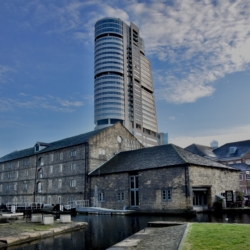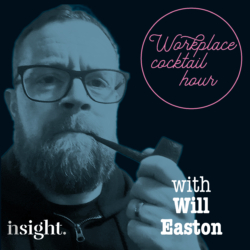To provide the best experiences, we use technologies like cookies to store and/or access device information. Consenting to these technologies will allow us to process data such as browsing behaviour or unique IDs on this site. Not consenting or withdrawing consent, may adversely affect certain features and functions.
The technical storage or access is strictly necessary for the legitimate purpose of enabling the use of a specific service explicitly requested by the subscriber or user, or for the sole purpose of carrying out the transmission of a communication over an electronic communications network.
The technical storage or access is necessary for the legitimate purpose of storing preferences that are not requested by the subscriber or user.
The technical storage or access that is used exclusively for statistical purposes.
The technical storage or access that is used exclusively for anonymous statistical purposes. Without a subpoena, voluntary compliance on the part of your Internet Service Provider, or additional records from a third party, information stored or retrieved for this purpose alone cannot usually be used to identify you.
The technical storage or access is required to create user profiles to send advertising, or to track the user on a website or across several websites for similar marketing purposes.
 The demand for freelancers working in writing, and coding related jobs has dropped by 21 percent since the launch of ChatGPT in November 2022, according to new research by Imperial College Business School, Harvard Business School and the German Institute for Economic Research. This research paper, Who is AI Replacing? The Impact of Generative AI on Online Freelancing Platforms, looks at the impact of GenAI technologies on the demand for creative professionals who work on an hourly basis for different clients. (more…)
The demand for freelancers working in writing, and coding related jobs has dropped by 21 percent since the launch of ChatGPT in November 2022, according to new research by Imperial College Business School, Harvard Business School and the German Institute for Economic Research. This research paper, Who is AI Replacing? The Impact of Generative AI on Online Freelancing Platforms, looks at the impact of GenAI technologies on the demand for creative professionals who work on an hourly basis for different clients. (more…)

































June 4, 2024
What is the role of a change manager?
by Jennifer Bryan • Comment, JB